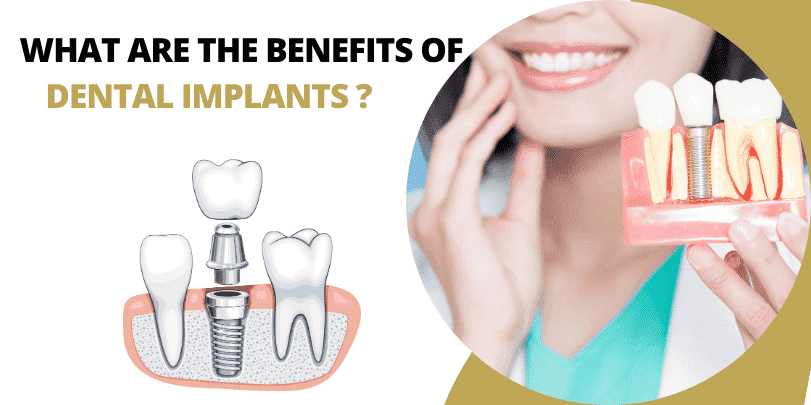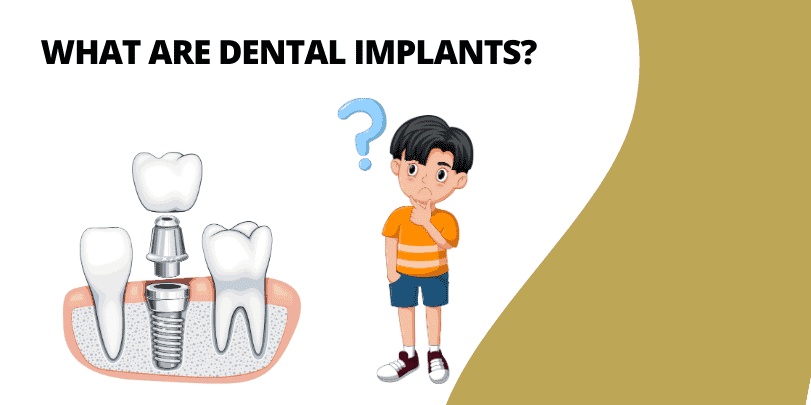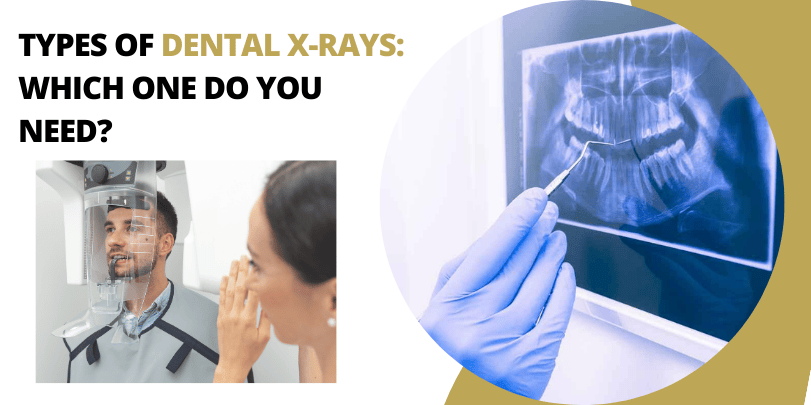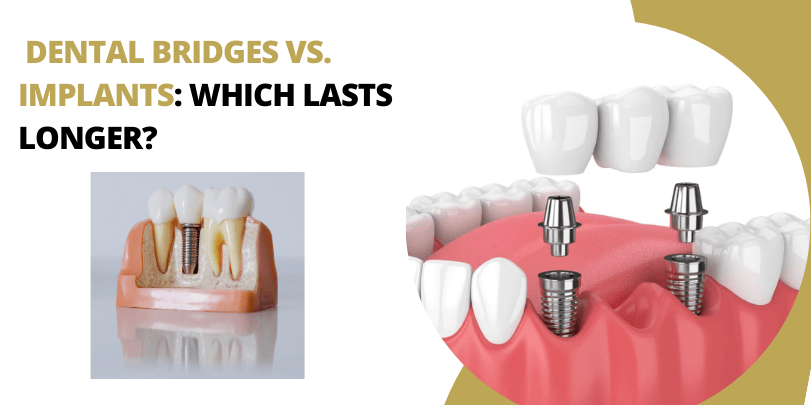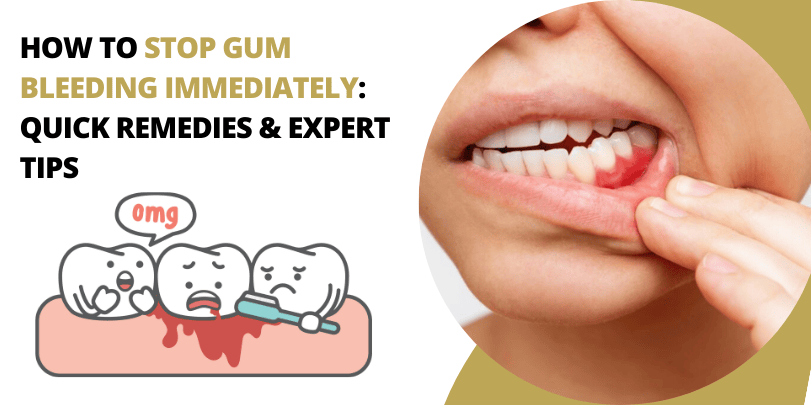Dental implants are hot and trending. Yeah maybe not as much as the upcoming US elections but they still hold the safe 2nd rank.
To what do we owe their popularity? The spectacular range! From fixing your appearance to helping you stabilize your jaw, their numerous benefits are the talk of the town.
With so many people flocking to get the implants, it’s important to pause between the beats and understand in detail about this equipment, the technology backing it, as well as the safety controls in place. Let’s get straight to the facts!
What are Dental Implants?
Dental implants are medical devices placed into the jawbone through surgery to help people chew better or improve their appearance. They give strength and support to artificial teeth like crowns, bridges, or dentures.
When a tooth is lost due to injury or disease, it can lead to problems like quick bone loss, speech issues, or changes in how a person chews, causing discomfort. Replacing the missing tooth with a dental implant can greatly improve one’s quality of life and overall health.
A dental implant system includes a dental implant body and an abutment, and sometimes an abutment fixation screw. The implant body is surgically placed into the jawbone to replace the tooth’s root. The abutment is then attached to the implant body with a screw and extends through the gums to support the artificial teeth.
Factors to Consider Before Signing-up for the Treatment
Before deciding on dental implants, speak with your dentist about the potential benefits and risks of the procedure. Ponder upon the following to determine your eligibility-
- Health Status- Your overall health affects your eligibility for dental implants, the healing time, and the implant’s longevity.
- Implant Details- Find out the brand and model of the dental implant system being used and keep this information for future reference.
- Smoking- Smoking can interfere with the healing process and reduce the long-term success of the implant.
- Healing Time- Healing for the implant body can take several months, during which you may have a temporary abutment in place.
After Care-
- Oral Hygiene- Follow the oral hygiene instructions from your dentist carefully. Cleaning the implant and surrounding teeth regularly is crucial for its long-term success.
- Regular Check-ups- Schedule regular visits with your dentist.
- Report Issues- If your implant feels loose or painful, inform your dentist immediately.
Benefits of Dental Implant Systems
Dental implants offer several benefits namely-
- Behave Like Natural Teeth- Dental implants restore full chewing power, making it hard for patients to distinguish between their natural teeth and the implant. They can eat, brush, and floss normally. Dental implants come in various shapes and sizes. Your dentist will ensure the implants match the color and fit of your surrounding teeth perfectly.
- Long-lasting- While dental bridges may last around 10 years, dental implants can last a lifetime. Made from titanium, they integrate with the jawbone, are biocompatible, and are not rejected by the body, providing a durable and effective tooth replacement.
- Prevent Bone Loss- When a tooth is missing, the jawbone in that area deteriorates due to lack of stimulation. If no implant is placed within the first year of losing a tooth, the bone can lose 25% of its volume, and this loss continues over time. Dentures can worsen bone loss by becoming loose and rubbing against the bone. Implants replace both the tooth and root, restoring normal chewing and stimulating natural bone growth.
- Keep Adjacent Teeth Stable- Missing teeth can cause nearby teeth to shift towards the gap, affecting bite, chewing ability, and appearance. This misalignment can make future tooth replacement difficult and may lead to TMJ issues, causing pain and headaches. Implants prevent these shifts by keeping adjacent teeth stable.
- Help Prevent Gum Disease- Gaps from missing teeth can trap food and bacteria, leading to gum disease. Dental implants fill these gaps and reduce the risk.
- Prevent Facial Sagging and Premature Aging- Bone loss from missing teeth can cause facial sagging, where the lower part of the face collapses, leading to wrinkles around the mouth, thinning lips, and a pointed chin. This can make a person look older. Dental implants help maintain the facial structure and prevent premature aging.
- Restores Bite Force- Implants are anchored into your jaw with a titanium post, replacing the tooth root. This allows you to bite with nearly the same force as with natural teeth, unlike other options that merely sit on the gums.
- Enables Natural Speech- Dentures and missing teeth can impair your speech. Dental implants function like natural teeth, allowing you to speak clearly and naturally without any impediments.
- Cavity-Free- While you still need to care for your artificial teeth to prevent bacteria buildup, the materials used in dental implants cannot decay. You won’t have to worry about cavities in your implants.
- Easy to Care For- Taking care of dental implants is simple—just brush and floss like you would with natural teeth. There’s no need for special cleaning products or routines.
Safety Evaluation
Dental implant systems are usually made from materials that meet international standards set by the International Organization for Standardization (ISO) or ASTM International. These standards specify what makes a material safe for use. Most implants are made from titanium or zirconium oxide, though other materials like gold alloys, cobalt-based alloys, titanium alloys, and ceramics can also be used. The safety of these materials is well-established.
Dental implants are tested according to these international standards. Part of this testing includes biocompatibility tests to ensure that the materials do not cause complications, such as irritation or allergic reactions, when in contact with the body. This helps confirm that the materials used in dental implants are safe and do not cause adverse effects once implanted.
Also Read – Most Popular Brands of Dental Implants
Bottom line
As safe and useful as they are, dental implants should still be taken after a proper consultation with a trusted dentist. Do not follow the crowd. Learn in detail about the tool that you wish should be inserted into your system. Understand the risk associated, if any, in your individual situation and take the call accordingly.
If you still have any questions about dental implants, don’t hesitate to reach out to our specialists at Delhi Dental. With over two decades of experience, we are one of India’s leading experts in dental implants.
Written by DR. PUNEET KATHURIA B.D.S., M.D.S., F.I.C.O.I. (USA)
Expand Your Understanding: Additional Resources on Dental Implants
- It’s Time to Say Goodbye to These Myths About Dental Implants
- What is Guided Implant Surgery?
- How Dental Implants Can Change Everything For You
- Straight Vs Tilted Dental Implants: All You Need to Know
- Know About Considerable Reasons a Dental Implant is A Blessing
- Get Your Smile Back in a Flash: The Ultimate Guide to Immediate Loading Dental Implants!
- What Can Go Wrong With Dental Implants?
- All You Need to Know About Full Denture Implants
- How To Find A Best Implants Dentist in India?
- It’s Time to Say Goodbye to These Myths About Dental Implants
- Should I Go For Teeth Cleaning After Dental Implants?
 Australia No
Australia No Canada No
Canada No India Toll Free No
India Toll Free No UK No
UK No USA No
USA No






